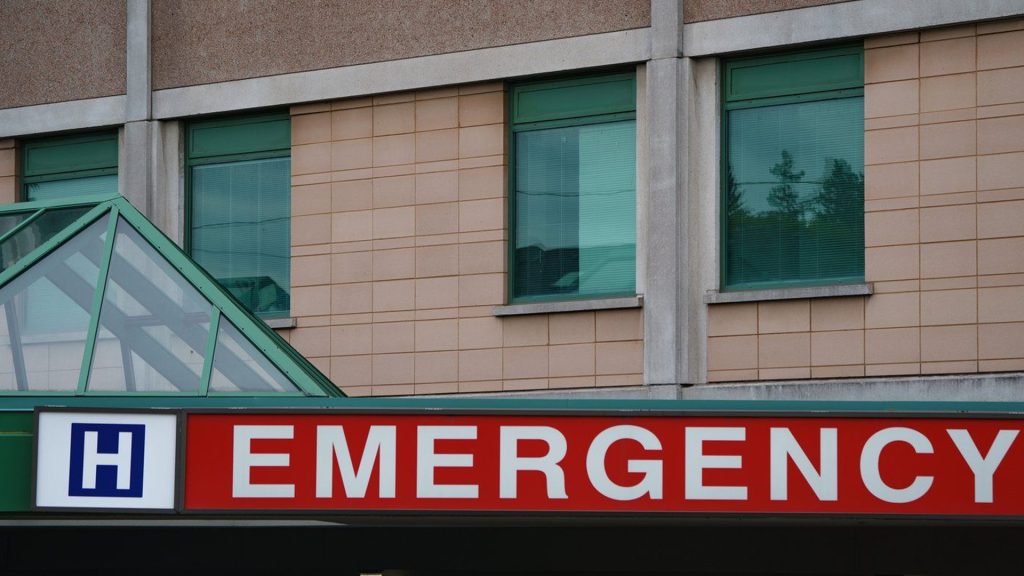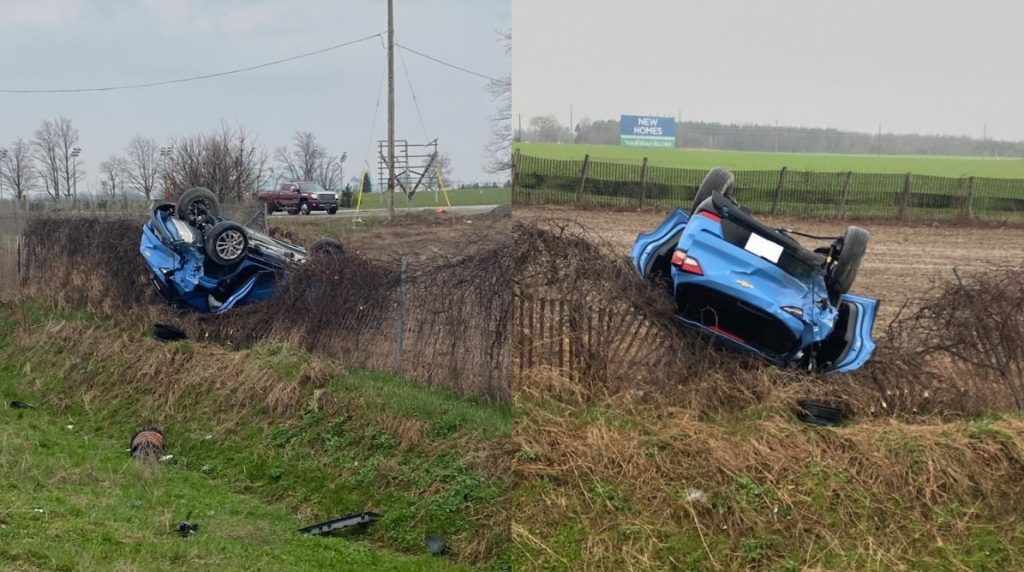Harper Apologizes To Air India Families For How They Were Treated, Failings
Posted June 23, 2010 11:00 pm.
This article is more than 5 years old.
Prime Minister Stephen Harper offered an apology Wednesday to the families of those killed in the Air India terrorist attack, acknowledging that for decades they were treated with “scant respect.”
“For that, we are sorry,” Harper said in a speech in Toronto during a memorial marking the 25th anniversary of the tragedy.
“For that, and also for the years during which your legitimate need for answers and indeed, for empathy, were treated with administrative disdain.”
Air India Flight 182 left Toronto on June 23, 1985 and exploded in the sky off the Irish coast, killing all 329 people aboard — 278 of them Canadians.
Another blast at Tokyo’s Narita Airport an hour earlier killed two baggage handlers as they handled a bomb-laden suitcase destined for another Air India plane.
In Harper’s speech, he condemned the terrorist attack, which he called an act of “grotesque violence and malevolence.”
He also touched on the anguish and frustration families felt when the national tragedy was treated as a international incident, perpetrated by foreign terrorists.
“Canadians, who sadly did not at first accept that this outrage was made in Canada, accept it now,” said Harper.
“It is wrong and it must be laid to rest. This was not an act of foreign violence,” Harper said, adding it was an atrocity conceived in Canada and executed by Canadian citizens.
Harper’s apology follows a damning report from retired Supreme Court justice John Major, who said the RCMP, Canadian Security Intelligence Service and Transport Canada failed to heed warning signs that the airline was likely to come under attack.
The prime minister said the report can be reduced to a few words: “This should not have happened. This should not have happened.”
The government is in the process of reviewing recommendations made in the report, he added.
Major’s report, released earlier this month, said there are still holes in the country’s security systems that need plugging. His top recommendation called for beefed up powers for the national security adviser to set security policies and priorities and oversee communication between agencies.
Public Safety Minister Vic Toews and Ontario Premier Dalton McGuinty joined Harper at the Toronto event. Memorials were also planned for Vancouver and Ottawa.
In Ireland early Wednesday, mourners and dignitaries observed a minute’s silence to honour the victims during an annual service at a memorial garden in the remote Sheeps Head peninsula on Ireland’s West Cork coast.
All present fell silent at 8:13 a.m. local time — the moment Flight 182 disappeared from radar screens.
Irish Foreign Affairs Minister Michael Martin said the “tragic events had forged unbreakable bonds between the peoples of three continents,” according to a report on the Irish Times website.
Martin said each year, Ireland and the local community “gladly open their arms” to the families and friends of the victims after their “long journey to this hallowed ground.”
“You will always be welcome here,” he said to a crowd that included Canadian Immigration Minister Jason Kenney and Indian Minister of State Salman Khursheed.
Only one person has been convicted in relation to the bombings.
Inderjit Singh Reyat, an electrician from Duncan, B.C., was convicted of manslaughter for his part in supplying the explosives placed in the two suitcases that originated at Vancouver International Airport.
On March 17, 2005, two British Columbia men, Ripudaman Singh Malik and Ajaib Singh Bagri, were acquitted of mass murder and conspiracy charges in both bombings.
Reyat faces another trial later this year on perjury charges related to his testimony at the murder trial of Malik and Bagri.
The Crown maintained the bombings were an act of revenge by B.C.-based Sikh separatists against government-owned Air India for the raid a year earlier at the Golden Temple, Sikhism’s holiest shrine in Amritsar, India.










